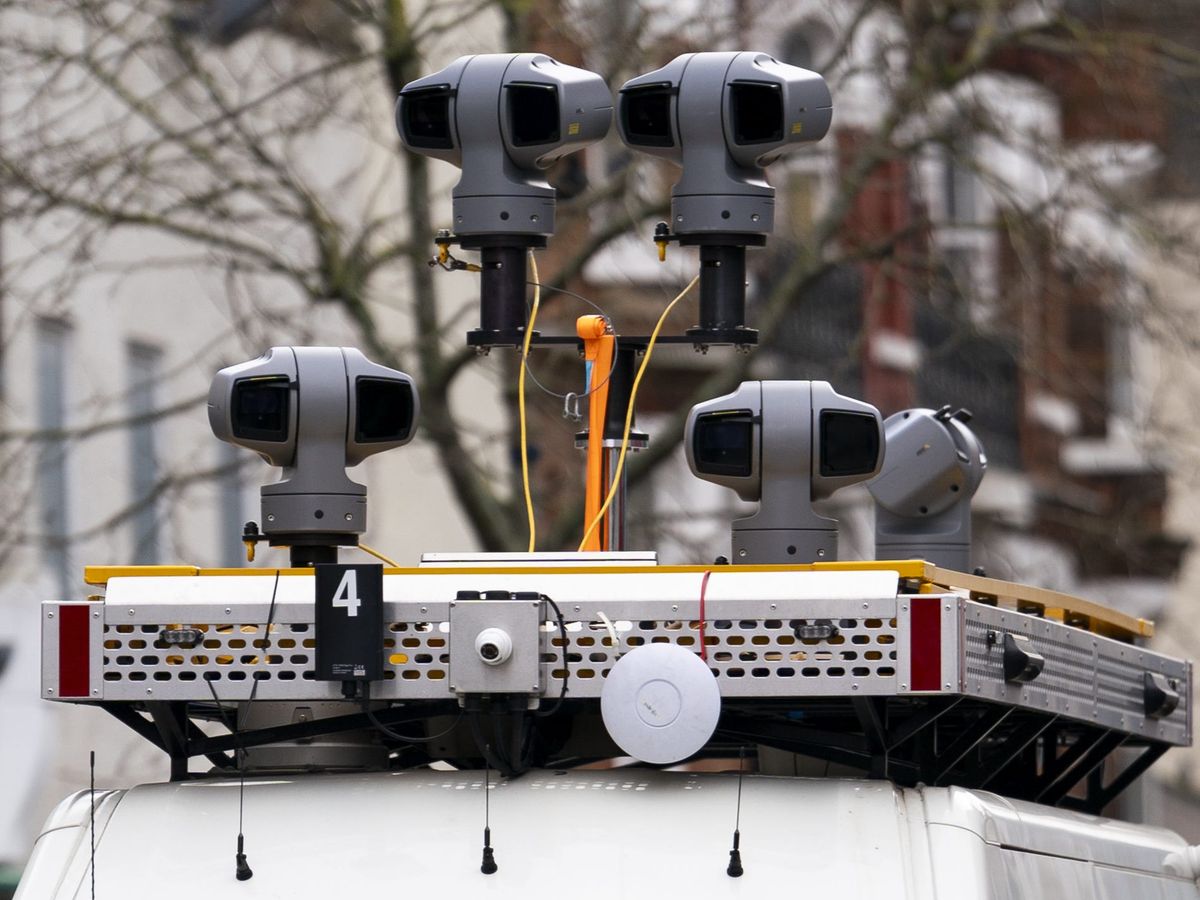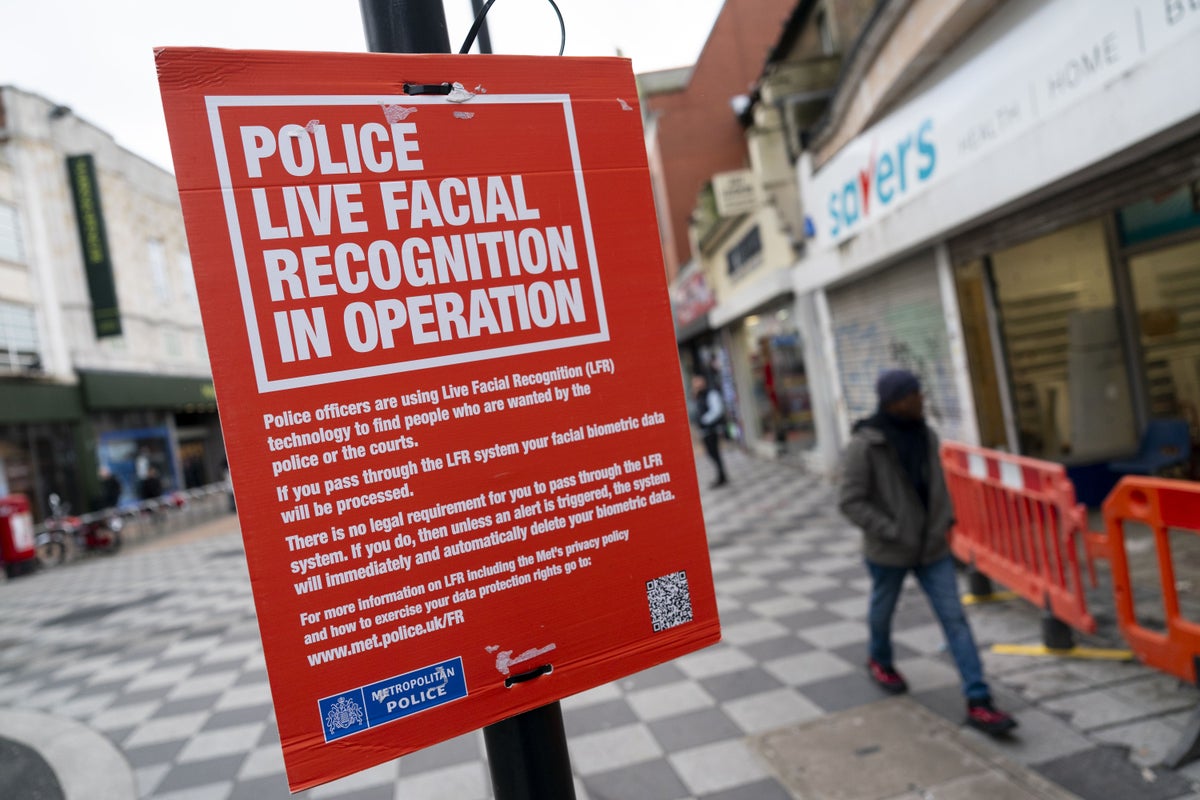Live Facial Recognition Rollout: Cooper Stands Firm as Privacy Concerns Mount

The rollout of live facial recognition (LFR) technology across the UK continues to spark debate, with Home Secretary Suella Braverman staunchly defending its expansion as a crucial tool in tackling serious crime. However, civil liberties groups and privacy advocates are raising significant concerns about the potential for misuse and the erosion of individual freedoms.
Braverman insists the technology is being used in a “targeted” manner, focusing on individuals suspected of involvement in high-harm offenses such as terrorism, child exploitation, and serious violence. She argues that LFR allows police to quickly identify and apprehend these offenders, making communities safer. Speaking recently, she stated, “We must be prepared to use all available tools to protect the public and bring dangerous criminals to justice. Live facial recognition is a vital part of that effort.”
The technology works by scanning faces in public spaces and comparing them against a watchlist of individuals – often those already wanted by police or suspected of past crimes. When a match is found, officers are alerted, allowing them to intervene. The government maintains that the system is accurate and that safeguards are in place to prevent errors and protect innocent individuals.
Privacy Concerns Remain
Despite assurances from the government, concerns about privacy are widespread. Critics argue that the indiscriminate scanning of faces in public spaces creates a chilling effect on freedom of expression and assembly. They worry that the technology could be used to monitor political dissent or target vulnerable groups. Liberty, a human rights organization, has described LFR as a “mass surveillance tool” and has launched legal challenges against its use.
“This isn’t about catching a few criminals,” says Sam Grant, a technology and human rights lawyer. “It’s about creating a society where everyone is constantly being watched and tracked. That’s not the kind of country we want to live in.”
Accuracy and Bias: Ongoing Questions
Another area of concern is the accuracy of LFR technology, particularly its potential for bias. Studies have shown that facial recognition systems are often less accurate when identifying people of colour and women, raising the risk of misidentification and wrongful arrests. The Metropolitan Police in London, which has been a leading user of LFR, has faced criticism over its accuracy and transparency in deploying the technology.
Future of LFR in Australia (en-AU perspective)
While this discussion primarily concerns the UK, the debate surrounding facial recognition is increasingly relevant in Australia. There’s growing interest in the technology among law enforcement agencies, but also a growing awareness of the potential privacy implications. The Australian Law Reform Commission is currently reviewing the legal framework surrounding biometric data, including facial recognition, and is expected to make recommendations for stronger regulation. Australians are rightly concerned about balancing security with individual liberties, and any implementation of LFR would need to be carefully considered and subject to robust oversight.
The debate over live facial recognition technology is far from over. As the technology continues to evolve, policymakers and the public alike will need to grapple with the complex ethical and legal challenges it presents. Finding a balance between public safety and individual privacy will be crucial in shaping the future of this powerful technology.





